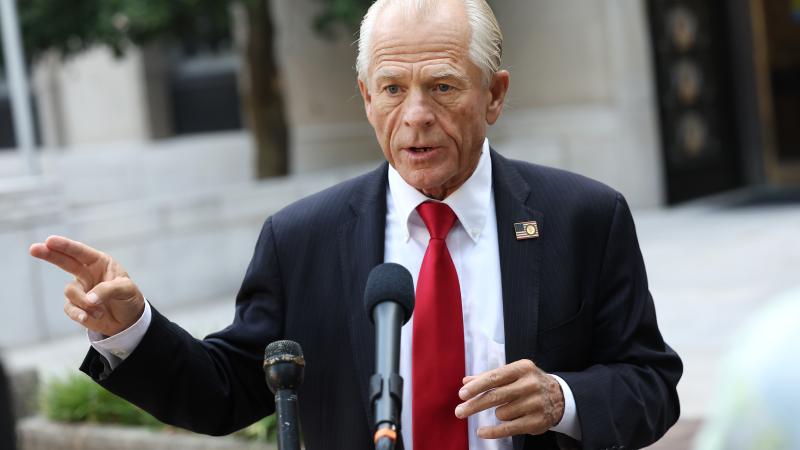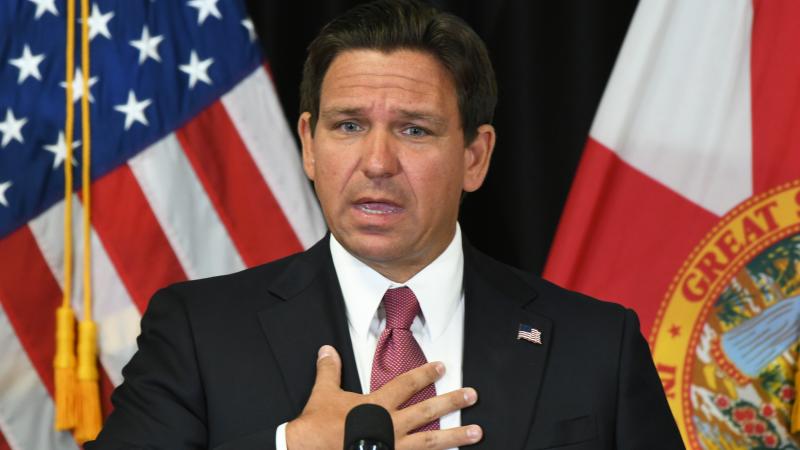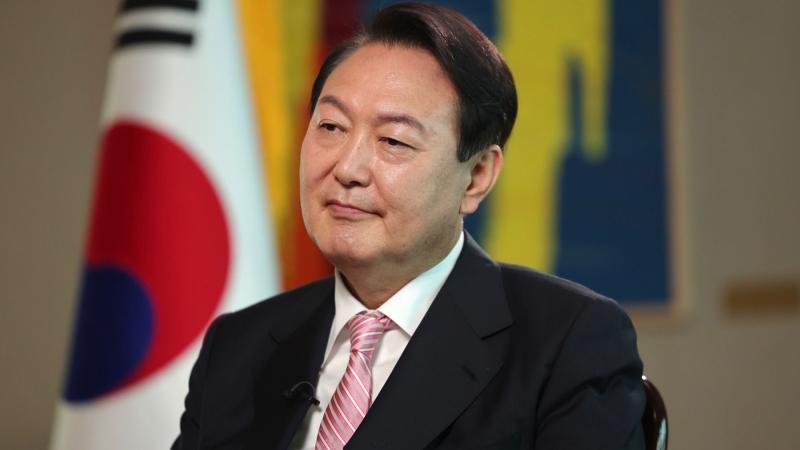Ban on 'male physiology' in women's sports could hurt Catholics, Minnesota Supreme Court suggests
State's high court already upheld sex-based bathrooms in employment, but worries about slippery slope if it upholds USA Powerlifting's ban on athletes who completed male puberty in women's competition.
The day before the Supreme Court is scheduled to hear arguments in a case that could decide the availability of puberty blockers, cross-sex hormones and surgical removal of healthy breasts and genitals for gender-confused minors, the Minnesota Supreme Court heard arguments on another transgender issue: eligibility rules in private athletic competition.
The hypotheticals from the justices got creative, with one speculating that bowling leagues could bar Catholics from competition if the high court upheld USA Powerlifting's ban on athletes in women's competition who have completed male puberty.
The Minnesota Supreme Court is evaluating whether the ban is a "legitimate business purpose" under the Minnesota Human Rights Act or prohibited discrimination on the basis of sexual orientation, which includes "transgender status," and sex, which does not.
USAPL lawyer Ansis Viksnins said plaintiff JayCee Cooper, a male who identifies as a woman and uses female pronouns, gave the court information early on that showed Cooper transitioned after puberty, meaning the policy is not a pretext for gender identity discrimination.
It knows Cooper's date of birth and when the athlete was diagnosed with gender dysphoria and started treatment, showing Cooper transitioned "well into her 20s," Viksnins said.
Cooper's lawyer, Christy Hall, of Gender Justice, asserted that USAPL "didn't know anything about Ms. Cooper's muscle mass" but just applied a "stereotype of all transgender women."
The league's reports don't document when Cooper started hormone replacement therapy or provide a minimum age by which a male athlete must have started hormone replacement therapy to compete as a woman, Hall said. She cited a deposition that said age 8 is too late to start, making the policy inherently discriminatory against a "subset of transgender women."
Viksnins seemed to face more skeptical questions from the court than did Hall, though the justices acknowledged their 2001 precedent Goins rejected a transgender employee's challenge against a sex-based bathroom policy.
Pressed on the point, Hall told justices they could leave Goins in place while ruling for Cooper because the MHRA protects against even the "most minor dignitary harms" in public accommodations, such as being forced to eat in the back of a restaurant.
Friend-of-the-court briefs poured into the high court this fall, with the league's supporters largely emphasizing the science of sex differences in strength-based competition – perhaps nowhere more determinative than in powerlifting – and Cooper's either ignoring the differences or denying that transgender women are indistinguishable from males.
The unexplained recusal of the seventh justice, Theodora Karin Gaïtas, could lead to deadlock, which would leave in place a split Court of Appeals ruling that found unresolved "genuine issues of material fact" appropriate for trial: whether Cooper faced exclusion based on gender identity and USAPL's ban had a legitimate business purpose.
Hall heavily relied on the dissent by Judge Jennifer Frisch, the lone Democratic nominee on the appeals panel, who said this was "not a close case" because USAPL admitted its policy is "facially discriminatory" by banning what the league calls "female transgender athletes."
While Viksnins denied his client conceded anything, USAPL's confusing language has given transgender athletes more ammunition than they otherwise might have, especially because the Minnesota Supreme Court has emphasized the Legislature "cautioned us against narrowly construing" any of the MHRA's provisions.
USAPL conflated sex and gender identity from the start of its communications with Cooper, saying it bans "male-to-female transgenders" from women's competition and calling them "transgender male to female individuals" in a subsequent message.
Judge Frisch called this "direct evidence" of discrimination that preempts the need for further analysis under the McDonnell Douglas precedent, in which the defendant must assert a "legitimate and nondiscriminatory reason" for the treatment and the plaintiff in turn must provide "sufficient evidence" to show that explanation is "pretextual."
The Republican appellate nominees, judges Matthew Johnson and Michelle Ann Larkin, said Cooper's exclusion was "neither per se discrimination, facially discriminatory, nor discrimination as a matter of law," citing USAPL's invocation of "male physiology" as the basis for Cooper's ban and president's affidavit stating that males who transitioned before puberty could compete.
Hence the McDonnell Douglas "burden-shifting framework" applies at the summary-judgment stage, the majority said.
Even if USAPL had cited male physiology in its first communications with Cooper, "it's clear that what they're doing in practice is excluding transgender women," Hall said.
The justices, who were not identified when they spoke, repeatedly worried the high court could open a Pandora's Box of possible discrimination against protected classes if they ruled the burden-shifting framework applies in Cooper's case.
When Viksnins assured them it would not have "far-reaching impact on other protected classes" because gender identity raises "unique issues," one justice responded the MHRA does not distinguish between classes and feared the next defendant would argue that different religions require different scrutiny and "suddenly we're applying McDonnell Douglas to every category."
Another justice floated a hypothetical study that found Catholics bowl "15 points higher on average" than others and a bowling league that invoked it to ban Catholics. When Viksnins called the scenario "pretty farfetched," the justice pressed him on why a jury couldn't credit that expert report and uphold the Catholic ban.
Minnesota "people of color" have lower bar passage rates than the general population, a justice said, asking whether courts would have to apply burden-shifting if a law firm refused to hire them on the basis of lower group-level performance.
Viksnins again objected to the hypothetical, emphasizing the MHRA has an explicit athletics exemption if exclusion is "needed to maintain the essential character of the event" and comparable competition opportunities are available.
"You have legislative acquiescence" in the Goins precedent since lawmakers didn't change MHRA in response, he said. (Gender Justice itself has complained that the Legislature didn't update the "inaccurate and confusing" statute, which "burie[s]" transgender protections in the definition of sexual orientation.)
After the district court ordered USAPL to revise its transgender policy, Cooper rejected its proposed three-prong test – government ID as a female, urine tests for female-typical testosterone levels and a four-year minimum in the women's category – and instead demanded "gender self-identification on the day of competition," Viksnins emphasized.












